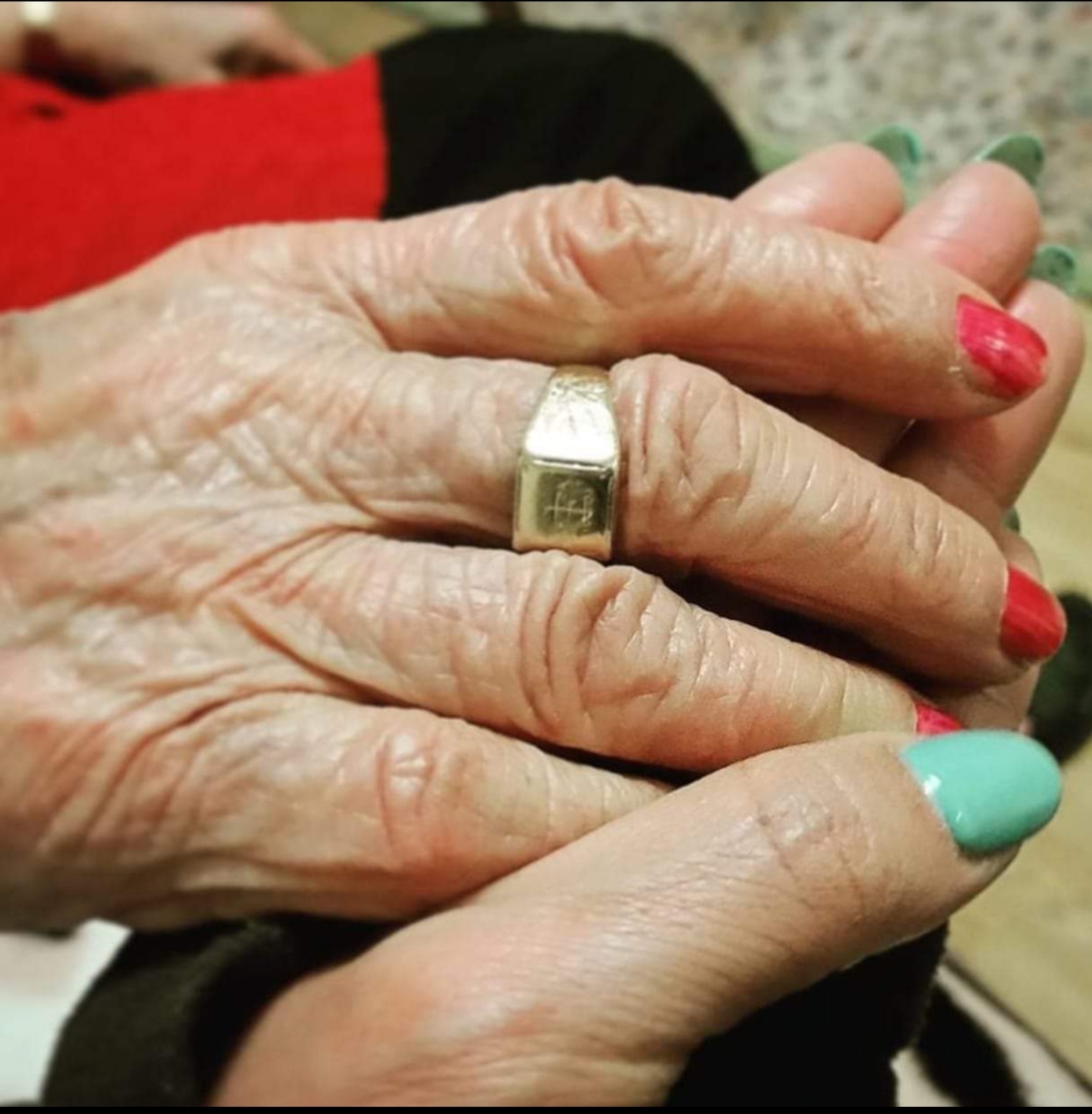By Tabasom Eblaghie,
Registered Clinical Counsellor
I have the honour of sitting and witnessing the grief of people whose loved ones have passed away, and trying to put the pieces of their lives back together bit by bit.
Now, on the one-month anniversary of the loss of my beloved grandmother, I wanted to share a few thoughts on grief and how we can help those suffering the loss of a loved one.
An area of concern by almost everyone I meet is the reaction of family, friends and colleagues around them. As a society, we are not well versed in the art of knowing what to say or do when someone dies.
Most of us mean well – we truly do! We fumble around for words, not making eye contact, and perhaps resort to century old statements that have been passed down from generation to generation, many of them being quite useless and sometimes damaging to someone who is grieving.
We share words we’ve heard many times, that can wound the heart of someone who is mourning. How often, we knowingly nod, and say “This was God’s will”, “They’re in a better place now”, “You’ll get over it soon and move on with your life”.
Depending on the emotional and mental state of the griever, statements like the one above can be misunderstood. We may have the best of intentions, but may cause pain as we are unknowingly telling the griever to “get over it”, and move them hurriedly past “negative” emotions.
And when they don’t, we often jump in and offer advice how they could – “You should clean out his/her closet and give everything away”, “Take their photos down”, or “You should be happy they’re no longer in pain!”
When we advise, most of us are doing it out of love, and not wanting to see our loved ones in pain. But perhaps there are other ways we can support and show our love:
1) Just listen. If you want to offer a question, say “Do you want to speak about him/her?” If they start sharing memories with you, simply listen to them and keep the focus on them. Try not to shift the focus back to yourself or change the subject, but just be present with the look in your eyes, a comforting hand and the love with which you listen to them. Share memories with them, and always allow them to bring up their loved one’s name by also doing the same.
2) Be there for them. Offer a helping hand by bringing food, picking up groceries, and asking them whether you can assist them with making difficult phone calls. Often the grieving person does not have the energy to call and look after day to day affairs, or complete the documents that need to be filled out after their loved one passes away. Offer to do these tasks for them. By offering to take care of these tasks, you may be able to lift a load off their shoulders.
3) Helpful comments could be:
a. I’m sorry for your loss
b. Would you like company?
c. Would you like for me to stay over?
And if at times you don’t know what to say, it’s ok to be silent and just offer a shoulder to cry on.
4) Let them know that crying is healthy and normal, and it doesn’t mean that they are weak. Offer them the safety to be able to cry in your presence. Crying is nature’s way of releasing internal tension in the body and allows one to communicate a need to be comforted. The capacity of the mourner to share tears is an indication of the willingness to do the “work of mourning”.
5) Let go of the expectation to “get over it”. You don’t get over your grief. Everyone is changed by the experience of grief. Slowly and over time, a person works to integrate the new reality of moving forward in life without the physical presence of the loved one who is now gone. Through reconciliation, there occurs a newly found energy and confidence, an acknowledgement of the reality of the death, and the capacity to once again find pleasure in living.
If you’re having a difficult time with Grief’s visits, please email Tabasom to find out whether counselling would be of assistance to you at this time: tabasom@generatehope.ca.

